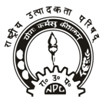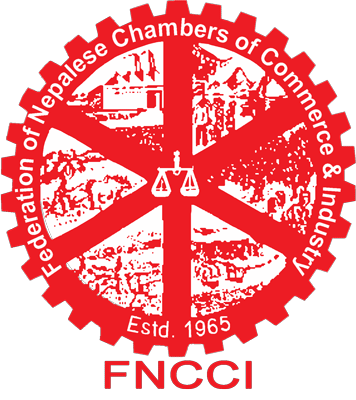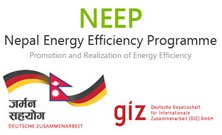Bureau of Energy Efficiency India (BEE)
 The Government of India set up Bureau of Energy Efficiency (BEE) on 1st March 2002 under the provisions of the Energy Conservation Act, 2001. The mission of the Bureau of Energy Efficiency is to assist in developing policies and strategies with a thrust on self-regulation and market principles, within the overall framework of the Energy Conservation Act, 2001 with the primary objective of reducing energy intensity of the Indian economy. This will be achieved with active participation of all stakeholders, resulting in accelerated and sustained adoption of energy efficiency in all sectors.
The Government of India set up Bureau of Energy Efficiency (BEE) on 1st March 2002 under the provisions of the Energy Conservation Act, 2001. The mission of the Bureau of Energy Efficiency is to assist in developing policies and strategies with a thrust on self-regulation and market principles, within the overall framework of the Energy Conservation Act, 2001 with the primary objective of reducing energy intensity of the Indian economy. This will be achieved with active participation of all stakeholders, resulting in accelerated and sustained adoption of energy efficiency in all sectors.
BEE co-ordinates with designated consumers, designated agencies and other organizations and recognize, identify and utilize the existing resources and infrastructure, in performing the functions assigned to it under the Energy Conservation Act. The Energy Conservation Act provides for regulatory and promotional functions.
In the context of capacity development of energy auditor in India the web portal Energy Manager Training was established that is up today an important source for information on industrial energy efficiency
National Productivity Council (NPC)
 NPC is a national level organization to promote productivity culture in India. Established as a registered society in 1958 by the Government of India, it is an autonomous, tri-partite, non-profit organization with equal representation from the government, employers and workers' organizations, apart from technical and professional institutions and other interests on its governing council. Besides providing training, consultancy and undertaking research in the area of productivity, NPC also implements the productivity promotion plans and programmes of the Tokyo based Asian Productivity Organization (APO), an inter-governmental body of which the Government of India is a founder member.
NPC is a national level organization to promote productivity culture in India. Established as a registered society in 1958 by the Government of India, it is an autonomous, tri-partite, non-profit organization with equal representation from the government, employers and workers' organizations, apart from technical and professional institutions and other interests on its governing council. Besides providing training, consultancy and undertaking research in the area of productivity, NPC also implements the productivity promotion plans and programmes of the Tokyo based Asian Productivity Organization (APO), an inter-governmental body of which the Government of India is a founder member.
Energy Pedia 



